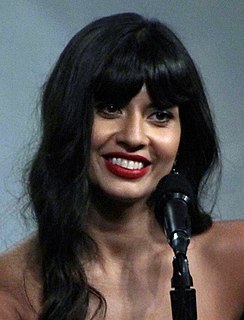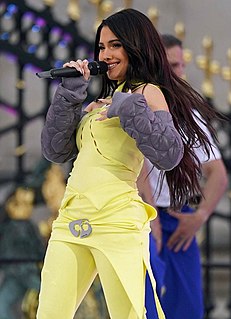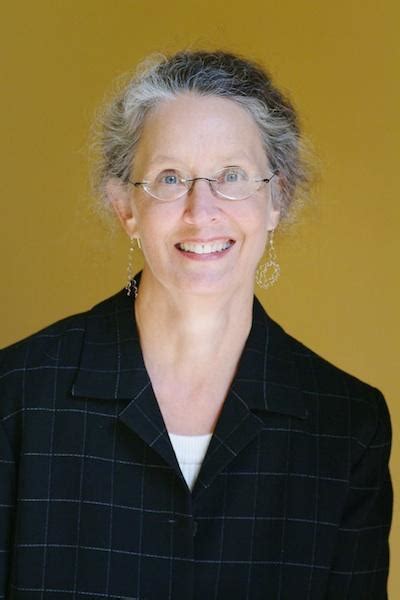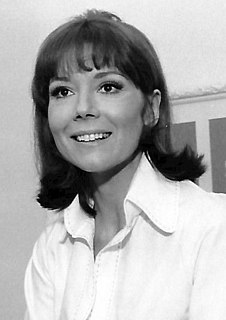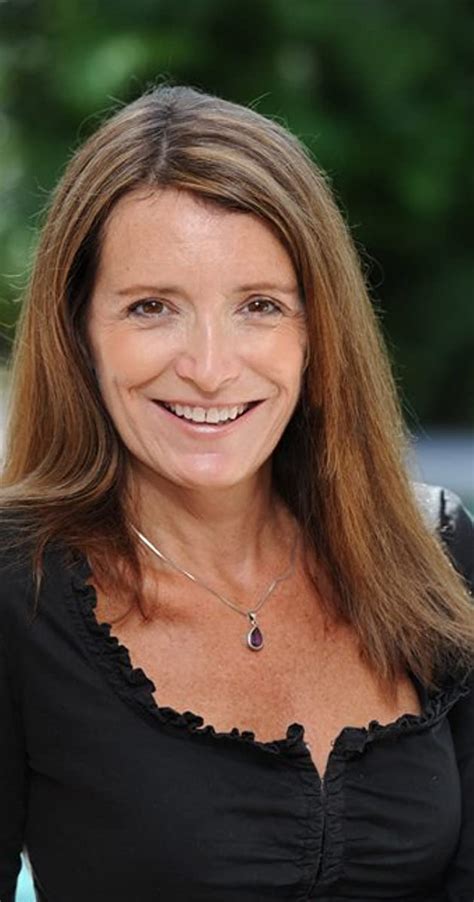A Quote by Jameela Jamil
Radio 1 has always championed women; take Annie Nightingale, for example. One of my heroes.
Related Quotes
I'm saying to be a hero it means you step accross the line and are willing to make a sacrifice, so heroes always are making a sacrifice. Heroes always take a risk. Heroes always deviant. Heroes always doing something that most people don't and we want to change - I want to democratise heroism to say any of us can be a hero.
I'm saying to be a hero is means you step across the line and are willing to make a sacrifice, so heroes always are making a sacrifice. Heroes always take a risk. Heroes always deviant. Heroes always doing something that most people don't and we want to change - I want to democratise heroism to say any of us can be a hero.
Probably the biggest influence on me, strange though it may sound, was the 70s, a decade of invention. Growing up then had a huge impact on me. People wanted to experiment and were hungry for change. I was influenced by the literature and art of the time; listening to John Peel and Annie Nightingale and watching 'Monty Python.'
You put a spell on the dog," I said as we left the house. "Just a small one," said Nightingale. "So magic is real," I said. "Which makes you a...what?" "A wizard." "Like Harry Potter?" Nightingale sighed. "No," he said. "Not like Harry Potter." "In what way?" "I'm not a fictional character," said Nightingale.
I'll take you to Mickey D's," said Sean. "I'll buy you a hamburger." Annie was not thrilled. Sean's offer did not compare to offers made in other centuries. "And fries," Sean said. "And a vanilla milkshake." Annie remained unthrilled. "Okay, okay. You can have a Big Mac." Romance in my century, she thought, is pitiful.
